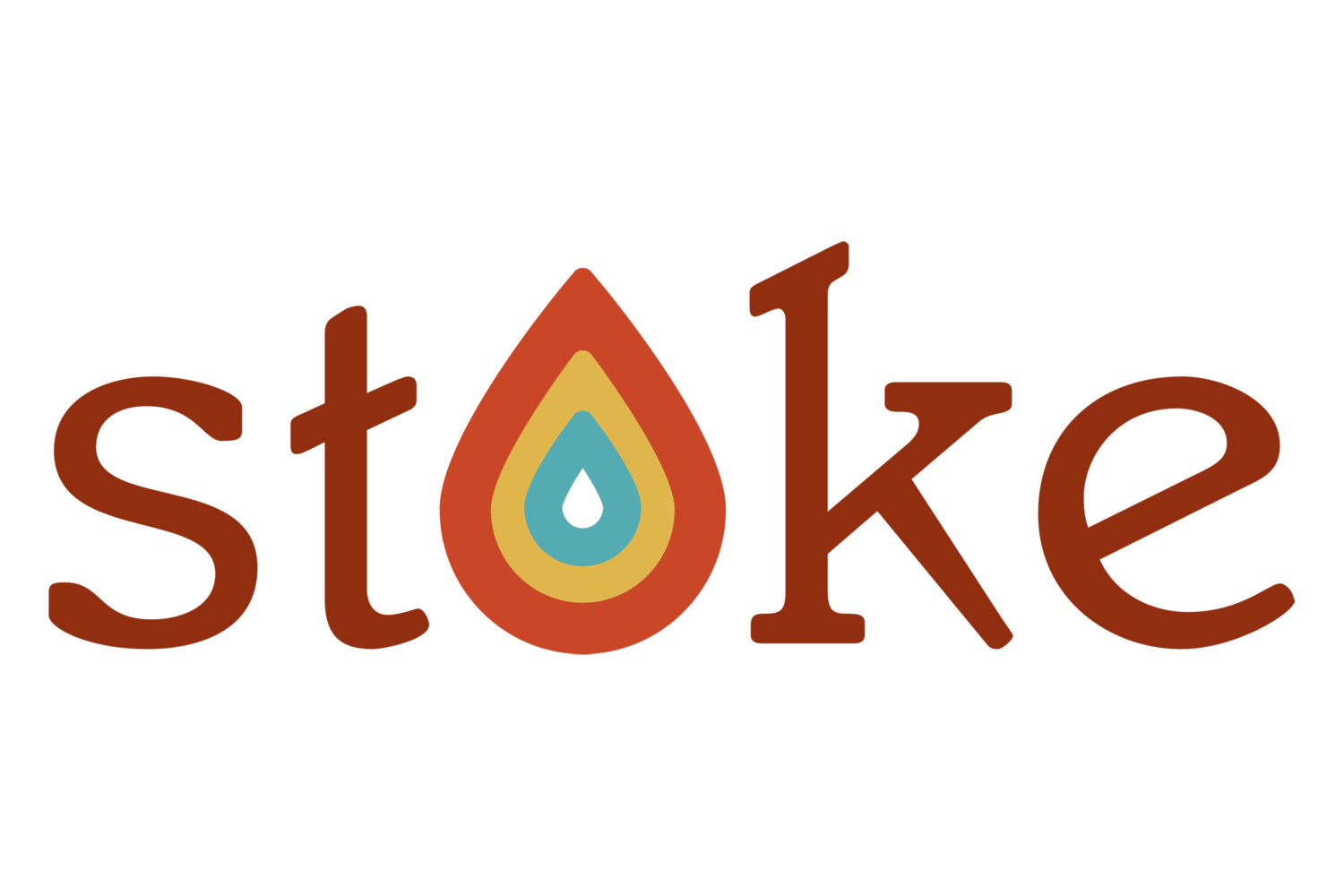Stoke has hosted Coffee + Convo sessions as part of our mentor program since early 2020 and the sessions have always been engaging and a learning experience for both attendees and mentors/facilitators of the morning meetups. Check out this overview of the kinds of discussions we’re having!
Tend To The Fire: Moving Away From “Hustle” Culture
Juli James, Playable Media, January 11th
Returning from the holidays and a break from work/the office always has us thinking and evaluating how we want to work and what we want to accomplish in the coming year. During this coffee chat, we talked about what it means to do the minimum required. By “minimum,” we were discussing how we can approach tasks and projects in such a way that would help us avoid burnout and learn to prioritize what is necessary.
Hustle culture, the drive to do the most all the time, can be draining and even toxic, and we’ve all been in survival mode for at least the past two years, if not more depending on who you are and your life’s experience. Juli used the analogy of tending to a fire versus stoking the flames to keep the fire raging. What is enough for you and your business? Not to do less, but to use your energy wisely and sustainably. What work needs to be completed on a daily, weekly, and monthly basis? When will you allow yourself to rest?
Juli James is a certified coach for The Four Tendencies, a concept detailed by author Gretchen Rubin. Using knowledge about the habits and preferences of your tendency (The Upholder, The Obliger, The Questioner, and The Rebel), you can harness that knowledge to hone in on how you can do better in your work and with your relationships. During her mentor sessions, Juli will talk about habits and productivity, drawing upon what you know about yourself and how you can make that work for your goals.
The Vision - Value Model
Randi Skinner, RS Consulting, January 18th
We chatted with Randi about how important it is to nail down the vision that you have for your business and how to calculate value from that vision. Having SOPs, standard practices, and templates are one way to add value to your business.
When we talk about marketing and marketing strategies, we often talk about the tools or the tactics that we’re going to use vs. spending more time on what the actual value of our business is and how we calculate value, what value means, and then building strategies based upon that.
Design Facilitates the Consumption
Austin Shockley, multidisciplinary designer, freelance, January 25th
Multidisciplinary designer, Austin Shockley started off the conversation by talking about how small business owners and startups should approach how they implement their marketing strategy. Tips included making sure marketing activities aren’t super taxing, identifying which channels are going to work for you, and meeting your customer where they are considering the intersection between your product, marketing, and customer.
Austin also talked about how one can continuously improve the usability, design, and aesthetic of what we put into the world, even without a massive budget but by being resourceful. Building one’s brand through your website, branding, visuals, story-telling, logos, etc. matters differently for different brands and different industries, like enterprise software companies vs. small business urban farmers. Branding and storytelling also matters more for an early stage business than one that has been around.
Value Chain Framework
Jeremy Short, G. Brint Ryan Chair of Entrepreneurship, February 8
Jeremy talked about the basics of the value chain framework (support activities and primary activities), and the conversation turned into practicing completing the phrase “I am/my business is unique because …”
The session was filled with valuable questions from the perspective of the UNT entrepreneurship chair that helps put in perspective what prospective customers might ask or want to know.
Attendees in this session included a consulting agency founder, photographer, and urban farmer!
Content Batching
Lillia Whittington, The D. Diaries, Just Lillia, February 15th
Lillia emphasized the importance of understanding that your customer has a problem and that you are the one guiding them to solve that problem, so it’s up to you to determine what kind of content will best help them. This is where content batching comes in!
You also need to determine what kind of content will accomplish this. We spent some time talking about the different usefulness of Tik Toks/reels and stories, etc.
If you don’t know what resonates with your audience, you will likely get zero traction from it, even if it’s really beautiful, well- articulated, etc. make sure that you understand the who, what, where, why of your audience so you know what will serve them.
See a full list of upcoming Coffee + Convo sessions on our events page!






